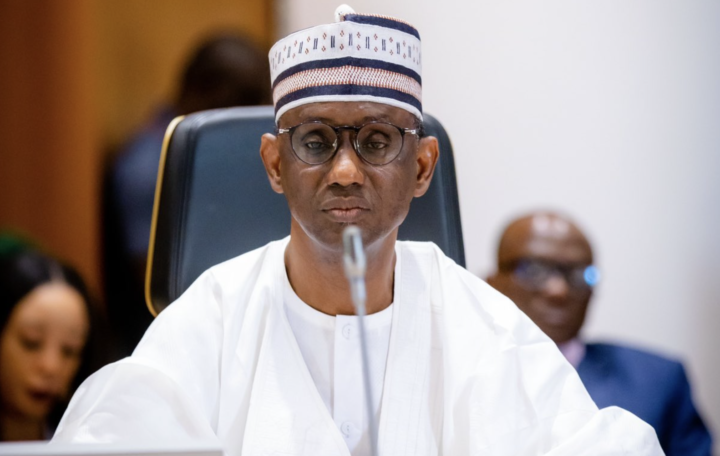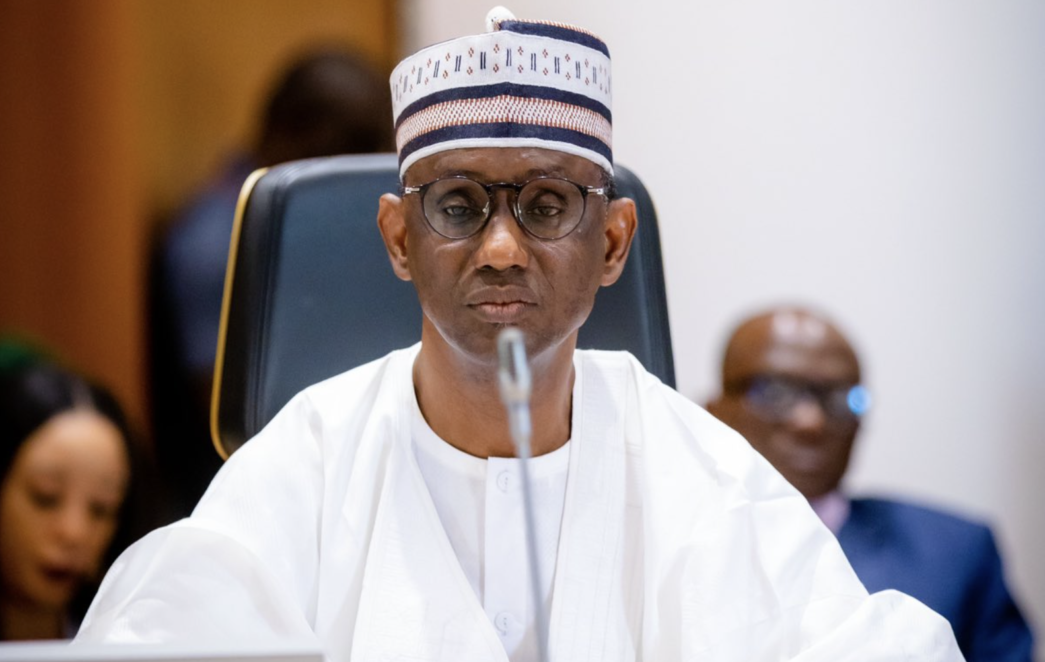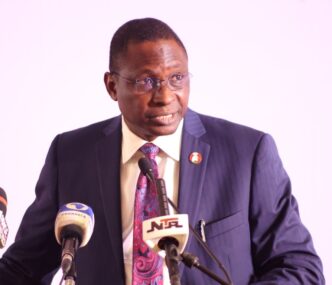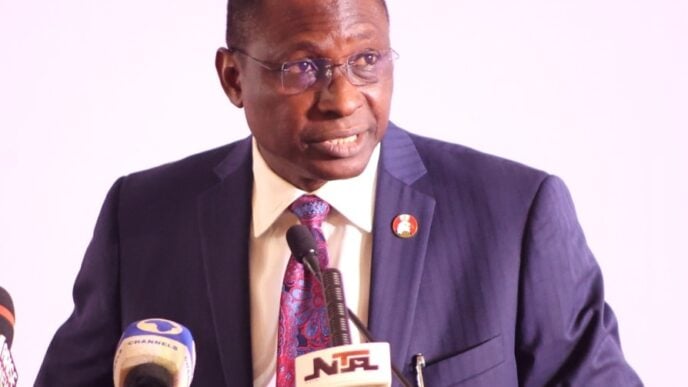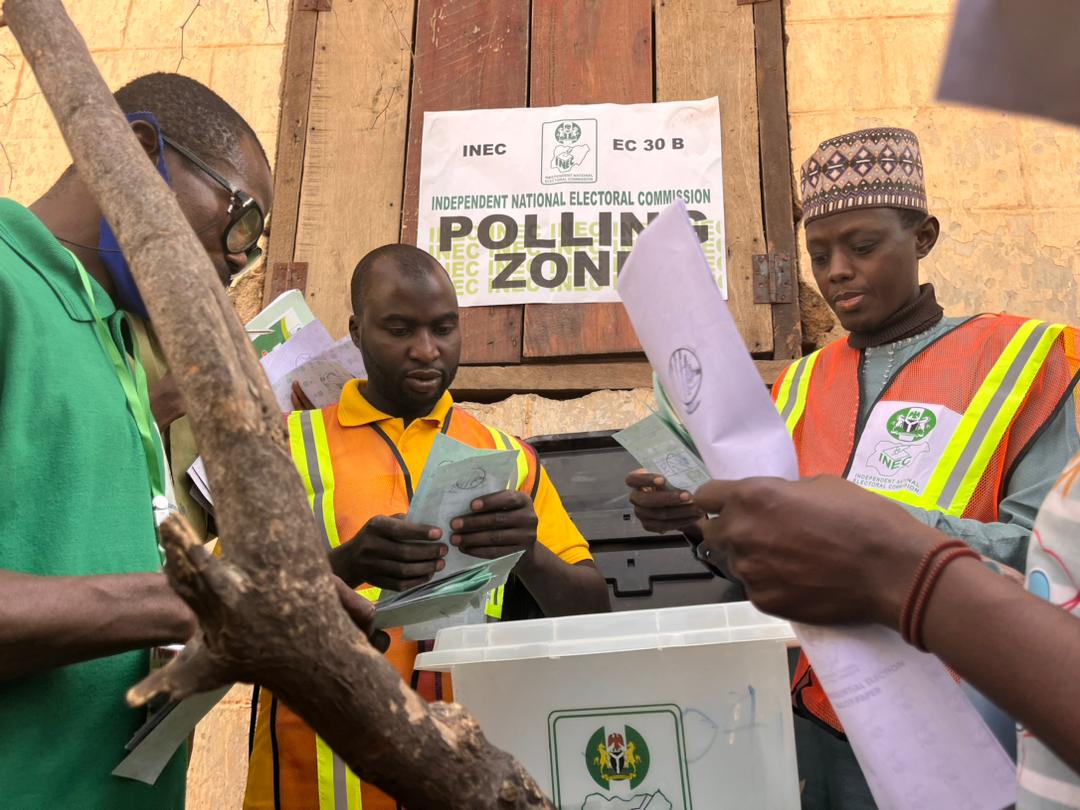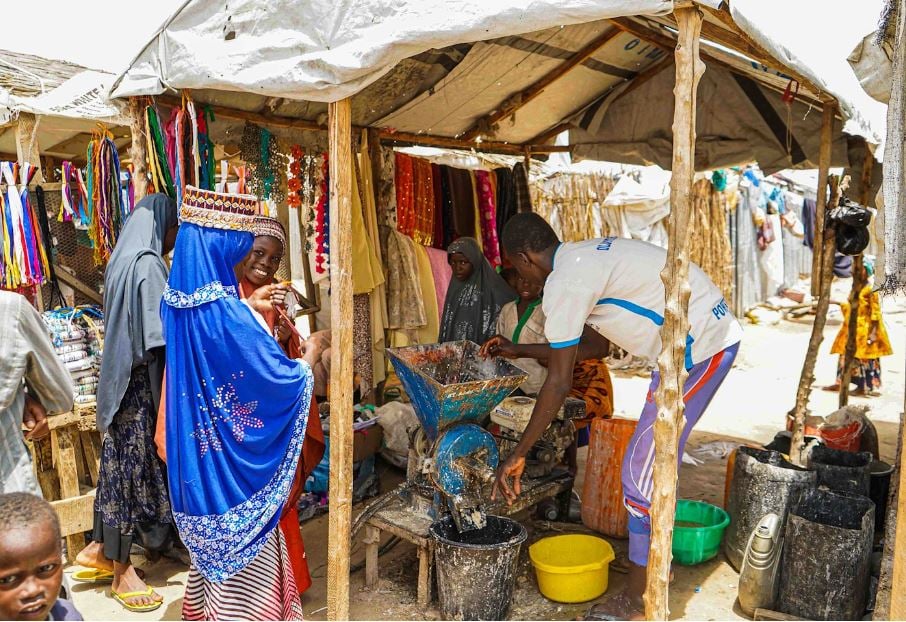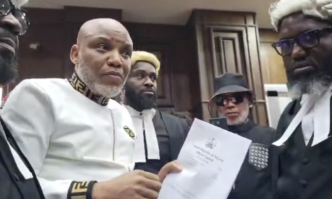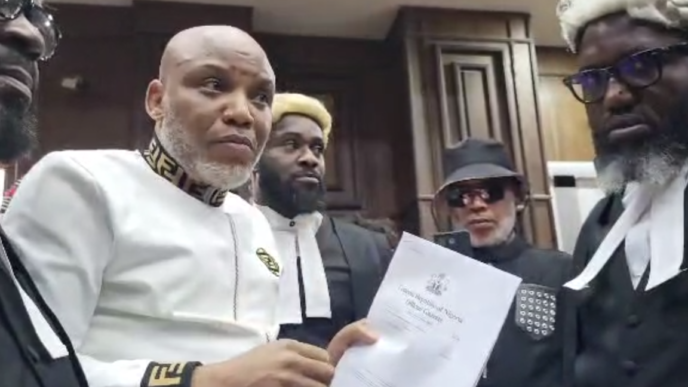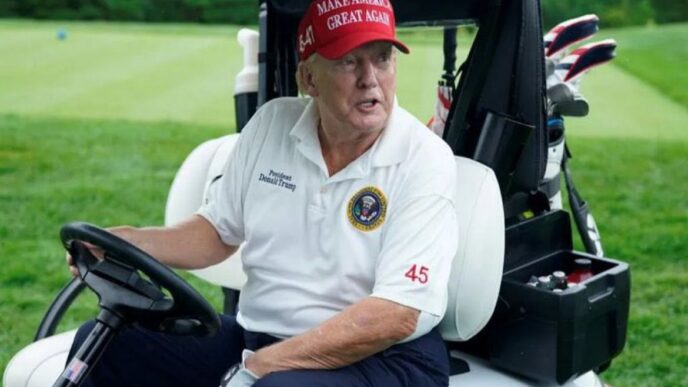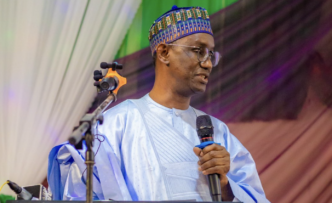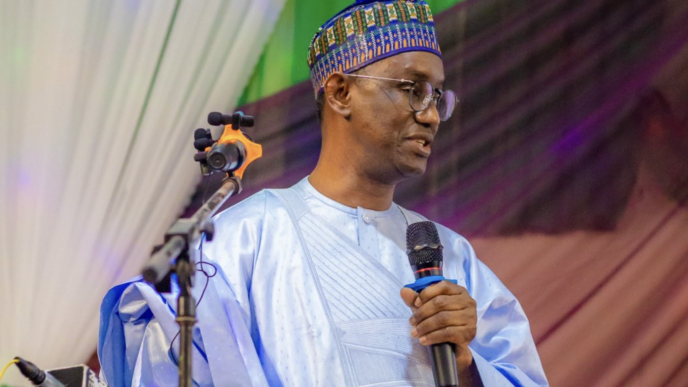Nuhu Ribadu
In the golden years of Nigerian diplomacy, the world did not condescend to Nigeria. It did not dare. The voice of Nigeria on the global stage was clear, deep, and reverberating. It was the era of Brigadier General Joseph Nanven Garba, a towering diplomat, a soldier of intellect and influence, who never walked into international negotiations as a beggar, nor did he permit Nigeria to be patronized as a second-class entity. When he spoke, the world listened—not out of courtesy but out of the sheer weight of Nigeria’s sovereign authority.
Garba’s tenure as Minister of Foreign Affairs (1975–1978) was an era when Nigeria did not bow to the condescending overtures of Western powers but instead led the vanguard for African liberation, particularly in its relentless opposition to apartheid South Africa. Nigeria was a dominant force in the Organization of African Unity (OAU), dictating the tempo of continental affairs and staring down imperialist policies that sought to keep Africa in chains. He took Nigeria’s case to the United Nations and spoke with the command of a true statesman—eloquent, polished, yet fiercely resolute.
There was a time when nations thought twice before attempting to belittle Nigeria. It was a time when the country was unapologetically assertive. The world saw a nation with immense natural wealth, intellectual capacity, and a leadership that knew how to demand respect. Brigadier Garba embodied that spirit. Whether at the UN, the Non-Aligned Movement, or bilateral engagements with the United States, the UK, or the Soviet Union, Nigeria projected itself as a sovereign equal.
But that era, over the decades, dimmed under the weight of internal struggles, weakened institutions, and economic vulnerabilities. The world, sensing weakness, began to treat Nigeria as a lesser player, ignoring the fact that it remains Africa’s most populous nation and its largest economy.
Advertisement
Fast forward to 2025, and we hear a familiar tone—the kind of unfiltered diplomatic confidence that had been missing for years. This time, it came from Nigeria’s National Security Adviser, Mallam Nuhu Ribadu, in response to the Canadian High Commission’s decision to deny visas to Nigeria’s Chief of Defence Staff, General Christopher Musa, and other senior military officers. Ribadu, refusing to cower, delivered a blunt and cutting response: Canada “can go to hell.”
Those words carried the echoes of Garba’s diplomatic strength. They reminded the world that Nigeria is not a nation to be talked down to or treated with disdain. Canada’s visa snub was not just a bureaucratic oversight; it was a deliberate act of disrespect against the leadership of a country that has been a crucial ally in regional security and counterterrorism. By responding forcefully, Ribadu sent a clear message: Nigeria will not tolerate insults wrapped in diplomatic niceties.
My hope is that the recent actions of the Tinubu administration; the ambitious $1 billion investment in healthcare, as against the tradition of reliance on handouts; the turning down of a loan offer from the IMF by the Finance minister, and the bold statement by the NSA should serve as cornerstone for a more defiant diplomatic posture.
Advertisement
Sovereign posturing must not exist in a vacuum. To every diplomatic position, there must be a political decision. And every political decision comes with economic consequences. That is what defines social reality. A strong diplomatic stance, if not backed by political will and economic resilience, risks becoming a momentary act of defiance rather than a sustained assertion of national strength. Nigeria must not only speak boldly; it must continue to position itself in such a way that its words translate into real leverage on the global stage.
The international community respects nations that respect themselves. If Nigeria wants to reclaim its place as a formidable force in global affairs, its leaders must embody the spirit of Garba—articulate, bold, and unyielding. But more importantly, they must ensure that diplomacy is tied to economic and political strategies that reinforce national strength. Sovereignty is not just about land and resources; it is about posture, about the refusal to be treated as an inferior, and about ensuring that every diplomatic assertion carries weight beyond rhetoric.
Ribadu’s words may have ruffled diplomatic feathers, but they serve as a much-needed reminder: Nigeria is still a sovereign nation. And sovereignty, when properly asserted and strategically sustained, commands not just respect, but real influence.
Diplomatically Musing.
Advertisement
Haruspice writes from Abuja
Views expressed by contributors are strictly personal and not of TheCable.
Add a comment

